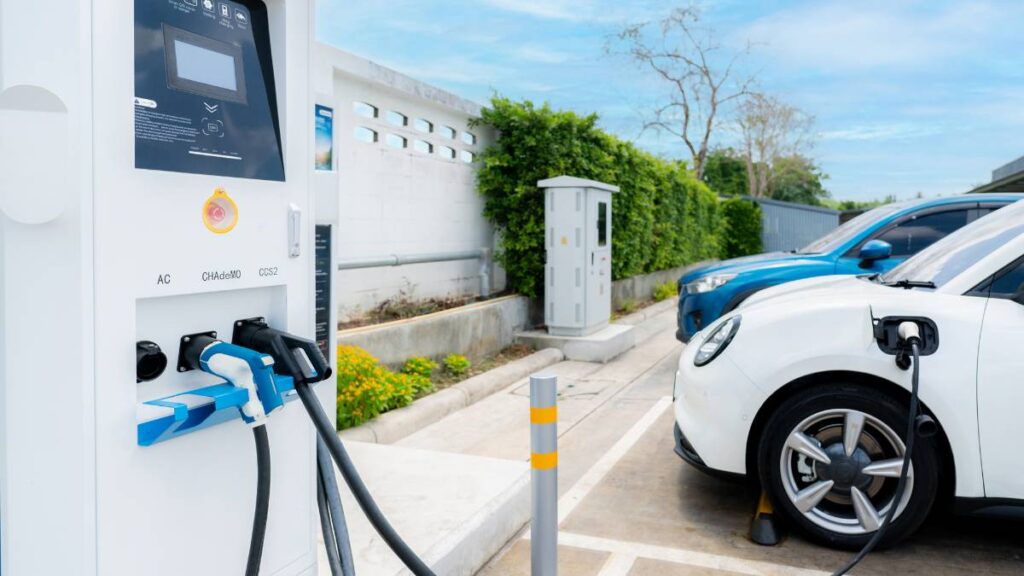How Solar Power is Revolutionising Energy Consumption
How Solar Power is Revolutionising Energy Consumption By: Emma Walsh | 19 November 2023 The dawn of solar power has marked a pivotal shift in how energy is consumed worldwide. As a clean, renewable source, solar energy is not only reducing our carbon footprint but also reshaping our energy infrastructure. This article explores the key ways in which solar power is revolutionising energy consumption, signalling a sustainable and efficient future. The Rise of Solar Energy Solar energy has seen exponential growth over the past decade, driven by advances in technology and declining costs. The ability to harness the sun’s power and convert it into electricity is proving to be a game-changer, offering a viable alternative to fossil fuels. With increased adoption in both residential and commercial sectors, solar energy is fast becoming a cornerstone of global energy consumption. Technological Innovations in Solar Power Innovation is key to the advancement of solar technology. Developments in photovoltaic cells, solar battery storage, and solar thermal energy are enhancing efficiency and storage capabilities. Innovations such as floating solar panels and building-integrated photovoltaics are expanding the possibilities of where and how solar power can be utilised. Environmental and Economic Benefits The environmental benefits of solar power are clear – it reduces greenhouse gas emissions and decreases reliance on non-renewable energy sources. Economically, solar energy offers cost savings over time, reduces energy bills, and has the potential to generate income through feed-in tariffs and renewable energy incentives. Overcoming Challenges Despite its benefits, the integration of solar power into existing energy systems faces challenges. Issues such as intermittency, scalability, and initial installation costs are areas where continued innovation and policy support are crucial. However, these challenges present opportunities for growth and development in the solar energy sector. The Future of Solar Energy The future of solar power is bright and promising. With ongoing advancements in technology and supportive government policies, solar energy is set to play a pivotal role in achieving global sustainability goals. As solar becomes more accessible and efficient, it will continue to revolutionise our energy consumption patterns. Conclusion Solar power is not just an alternative energy source; it’s a catalyst for change in global energy consumption. As we embrace solar energy, we move closer to a sustainable, cleaner future. At Amber, we are committed to driving this change by providing innovative solar solutions that empower communities and protect our planet.
How Solar Power is Revolutionising Energy Consumption Read More »




